Мы продолжаем напряженно работать, чтобы улучшить наш сайт и перевести его на другие языки. Русская версия этой страницы еще не совсем готова. Поэтому мы представляем здесь пока английскую версию. Мы благодарим вас за понимание.
Московские процессы
In the period from 1936 to 1938, as part of the Great Purge Policy of Iosif Vissarionovich Stalin (1878-1953), three major Show Trials have been held in the Soviet Union. Twenty years later, in 1956, the then party leader Nikita Sergeevich Khrushchev (1894-1971) would admit that these trials had been staged. Many of the Bolsheviks of the first hour, most of them confidants of Vladimir Ilyich Lenin (1870-1924), were accused. Between the second and the third trial, some generals have been tried as an intermezzo.
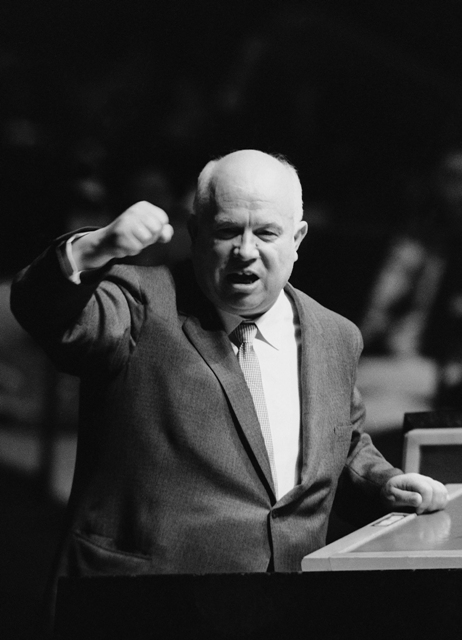
Nikita Sergeevich Khrushchev
The Trial of the Sixteen (1936)
The first Show Trial, also known as the Trial of the Sixteen, took place from August 19 to 24, 1936 in the October Hall of the House of the Unions in Moscow. The main defendants were Grigory Yevseevich Zinoviev (1883-1936) and Lev Borisovich Kamenev (1883-1936), old comrades of Lenin and party leaders of the first hour, but also supporters of Lev Davidovich Bronstein (1879-1940), better known as Leon Trotsky, in his struggle with Joseph Stalin (1878-1953) in the twenties. The main charge was their membership of the so-called Trotsky-Zinoviev Center, a completely fictitious terrorist organisation. Zinoviev and Kamenev initially refused to confess, but Stalin gave them the assurance that they would not be executed if they did.
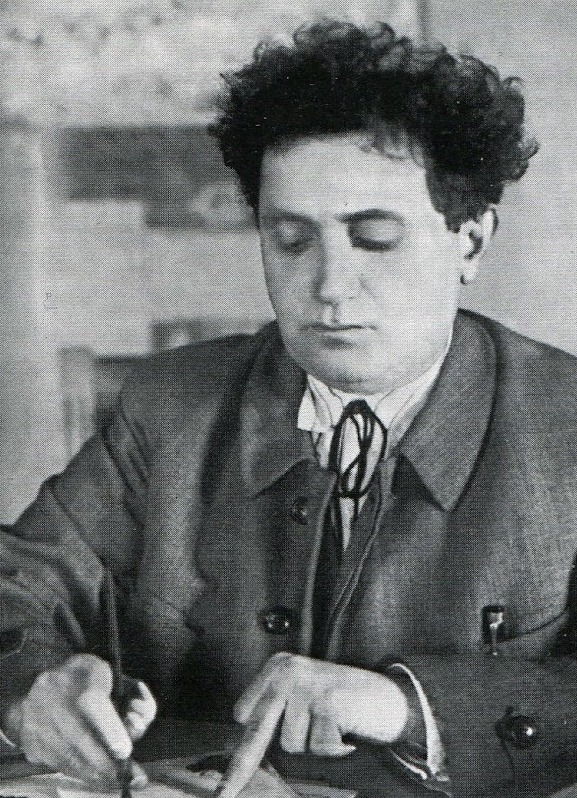
Grigory Yevseevich Zinoviev
The Trial of the Sixteen was formally lead by the head of the NKVD and People's Commissar for Internal Affairs Genrikh Grigoryevich Yagoda (1891-1938), but behind the scenes it was directed by Nikolay Ivanovich Yezhov (1895-1940), who would succeed Yagoda soon after the trial.
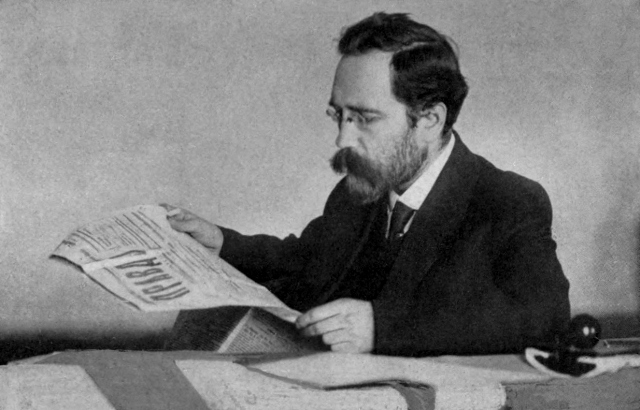
Lev Borisovich Kamenev
The audience consisted almost exclusively of NKVD agents, together with some journalists. The press made sure, on orders from Stalin, and partly also with the help of Yefim Alekseevich Pridvorov (1883-1945), better known as the poet Demyan Bedny, that public anger got focused on the accused. Eventually all the defendants made full confessions. Despite the earlier promise of Stalin, they were executed within 24 hours after the verdict in the NKVD headquarters at Lubyanka Square.
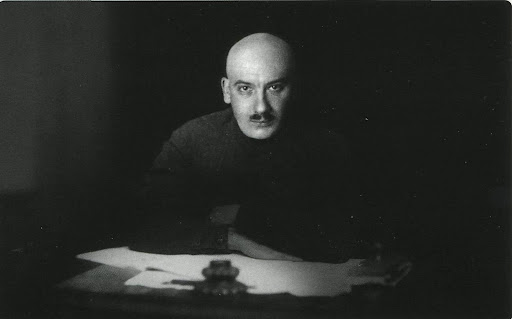
Genrikh Grigoryevich Yagoda
The Trial of the Seventeen (1937)
In January 1937, the second trial was staged. This time, Georgy Leonidovich Pyatakov (1890-1937), the Deputy People's Commissar of Heavy Industries, Karl Berngardovich Radek (1885-1939), one of the co-authors of the Soviet Constitution, and Grigory Yakovlovich Sokolnikov (1888-1939), Deputy People's Commissar of Industry, were tried on charges of industrial sabotage and espionage, together with fourteen other former supporters of Trotsky.
Nikolay Yezhov had now become head of the NKVD and he was again, together with Stalin, the mastermind behind the spectacle. The script was not always accurately drawn though. Pyakatov, for example, would have flown to Oslo in 1935 to meet Trotsky there, but the flight was never to have occurred, and the Hotel Bristol, where the encounter allegedly took place, had been demolished many years before. However, all defendants were found guilty. Thirteen of them were sentenced to death. Four others, including Karl Radek and Grigory Sokolnikov, were sentenced to labour camps after they had signed incriminating statements on Nikolay Ivanovich Bukharin (1888-1938), the editor of the newspaper Izvestia, on Alexey Ivanovich Rykov (1881-1938), the former President of the Council of People's Commissars, and on Mikhail Nikolaevich Tukhachevsky (1893-1937), the Deputy People's Commissar of Defense, who would be victimized shortly afterwards.
Both Radek and Sokolnikov died in 1939 in a labour camp. According to the initial reading both had been implied in a fight with a fellow prisoner, but later, during the political thaw under Khrushchev, was proven that both had been murdered by the NKVD under direct orders of Lavrentiy Pavlovich Beria (1899 - 1953).
The Trial of the Generals
After the second Moscow show trial, Stalin turned his sights on a number of senior military of the Soviet Union, in particular his rival from the Civil War, MarshalMikhail Nikolaevich Tukhachevsky (1893-1937). Tukhachevsky was not the only one, though: nearly all commanders of the Red Army got arrested. The accusations were based on documents that would have demonstrated a compromising correspondence between Tukhachevsky and the Nazi Supreme Command. Nikolay Yezhov supervised the interrogations, which were often conducted under torture. The written confession of Tukhachevsky was covered with blood spatter. Because most members of the Politburo found it hard to believe that all these military representatives were guilty of the alleged conspiracy or espionage for Germany, Stalin asked them to be tried by a tribunal of other prominent military. The trial took place on June 11, 1937 and was run extremely fast: the verdict was delivered before lunch and all the defendants were executed the same day.
The judges themselves would not long survive the trial. Ouf of the nine military who convicted the defendants, six have been arrested and executed within one year after the trial. Eventually, the commanders of all military districts have been shot.
The Trial of the Twenty-One (1938)
The third Show Trial, also known as the Case of the Bloc of Rightists and Trotskyites, took place in March 1938. Togheter with Nikolay Bukharin and Alexey Rykov, who had already been accused by Karl Radek and Grigory Sokolnikov during the second show trial, the former People's Commissar of Internal Affairs Genrikh Grigoryevich Yagoda (1891-1938), who had formally been in charge of organising the first Show Trial, was accused. A huge complex of coherent accusations had been fabricated, including the murder of Sergey Mironovich Kirov (1886-1934), which was most likely planned by Stalin himself, the assassination of the writer Aleksey Maksimovich Peshkov (1868-1936), better known as Maksim Gorky, the plotting of assassinations of Lenin and Stalin, and numerous other sabotage, espionage and assassination plots.
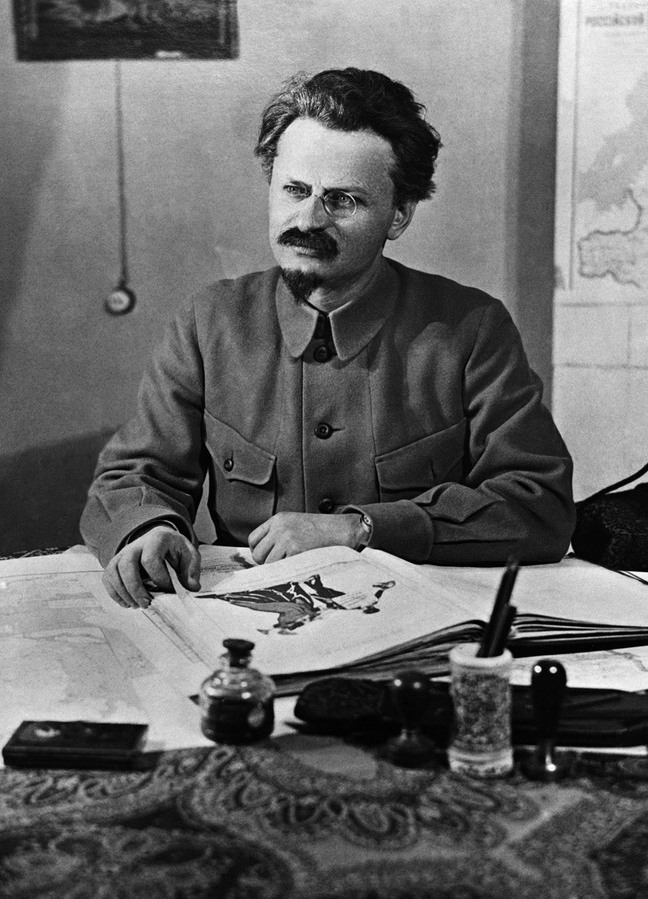
Leon Trotsky
The German writer Lion Feuchtwanger (1884-1958), who was allowed to attend the trial, wrote that «if a professional director had been assigned to put this trial on stage, he would probably have needed long rehearsals to achieve such smooth combination of the defendants.» All 21 defendants were found guilty. Eightteen of them were sentenced to death and got executed immediately after the trial.
The third Show Trial, and especially the execution of Genrikh Yagoda, was the beginning of the decline of «director» Nikolay Yezhov. His star had reached its peak on December 20, 1937, when the 20th anniversary of the NKVD was celebrated at the Bolshoy Theatre, where Yezhov's picture was placed on stage next to Stalin's.
But shortly after the third Show Trial, in August 1938, Yezhov was suddenly assigned a deputy in the person ofLavrentiy Pavlovich Beria (1899 - 1953). From September on, all NKVD resolutions had to be co-signed by the latter. In November 1938, after having been heavily criticised by Stalin and Molotov, Yezhov got dismissed as the People's Commissar of Internal Affairs «at his own request». On March 3, 1939, he was dismissed of all his public functions, except for his function as People's Commissar of Water transport. The Commissariat, however, was abolished on April 9, 1939, and the day after Yezhov was arrested. On February 3, 1940, his trial was conducted in a strictly private circle, and the day after he was executed.
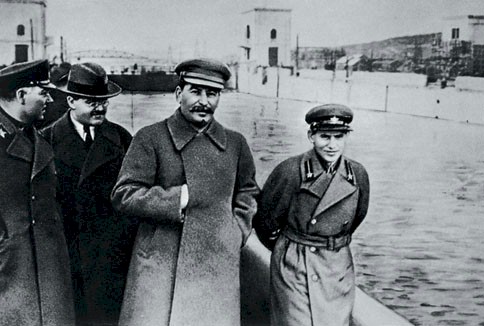
Voroshilov, Molotov, Stalin and Yezhov...
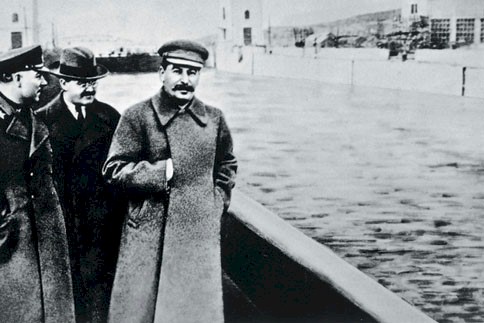
... who was executed in 1940
Show trials in the Russian Federation
There are no mass executions anymore, but since the first term of Vladimir Vladimirovich Putin (°1952) as a president, the Russian Federation has got again the phenomenon of Show Trials. Before becoming president, Putin had made a career at the secret police of the Soviet Union. From 1985 to 1990, he has been working in Dresden in the former German Democratic Republic, as a KGB officer in charge of the interrogation and internment of dissidents and «Western spies who wanted to invade the Soviet Union». Just before he became a minister in the government of Boris Nikolaevich Yeltsin (1931-2007) in 1999, he was the head of the Федеральная служба безопасности Российской Федерации (ФСБ) [Federalnaya sluzhba bezopasnosti Rossiyskoy Federatsii] (FSB) or Federal Security Service of the Russian Federation, the successor of the KGB.
We collected some of the modern Show Trials in the Russian Federation on the next page.





